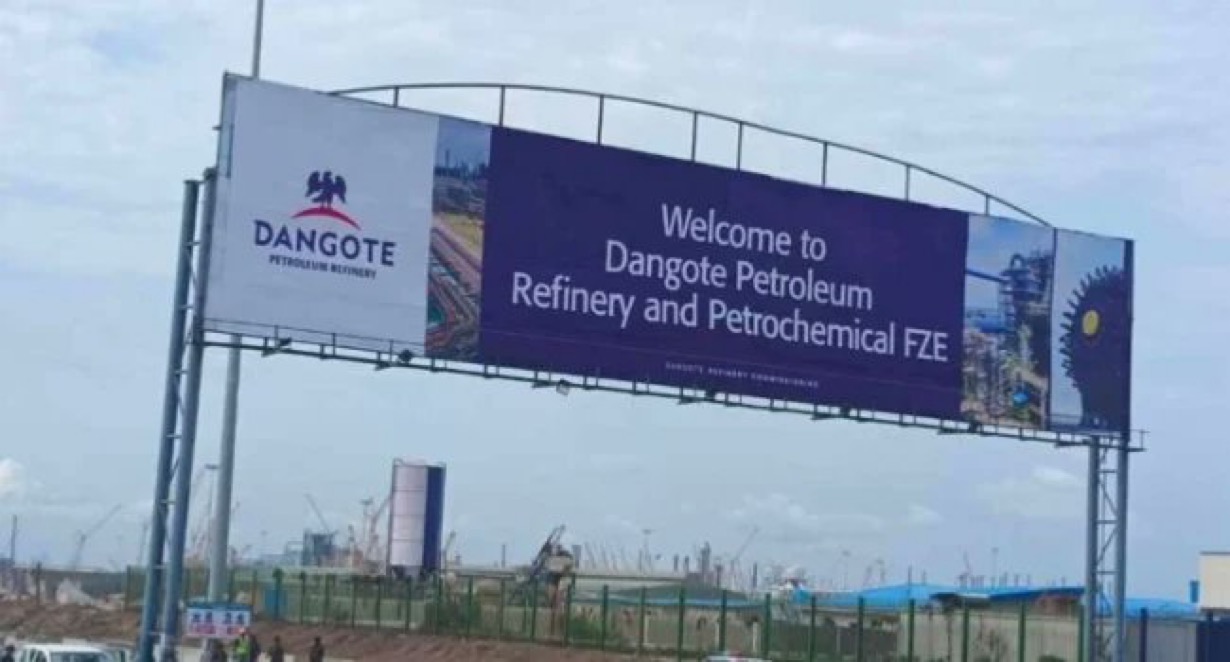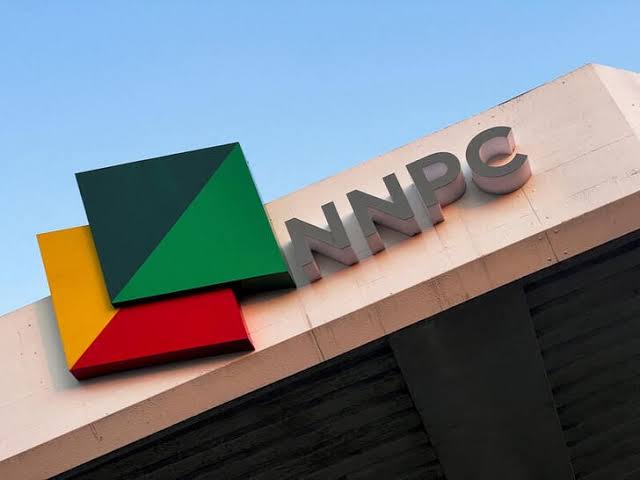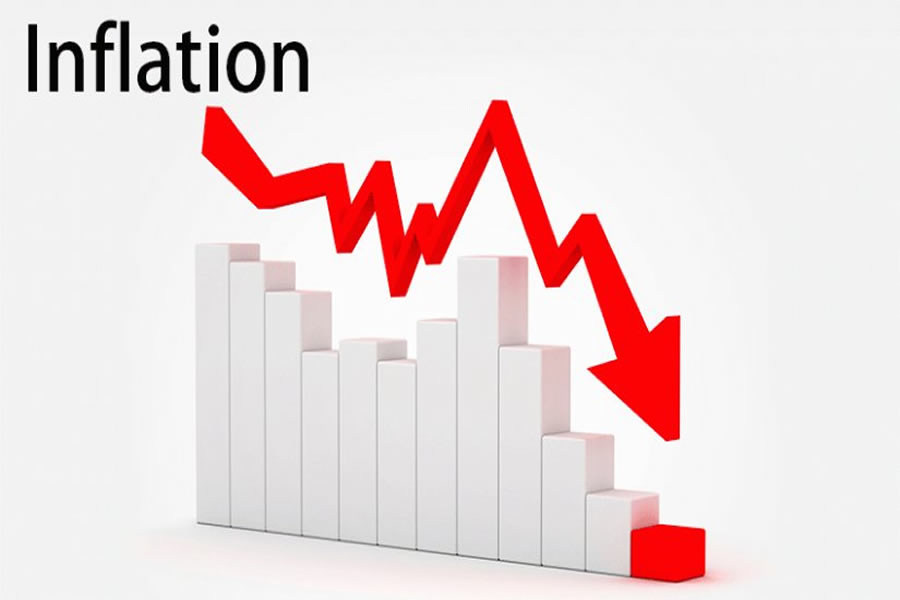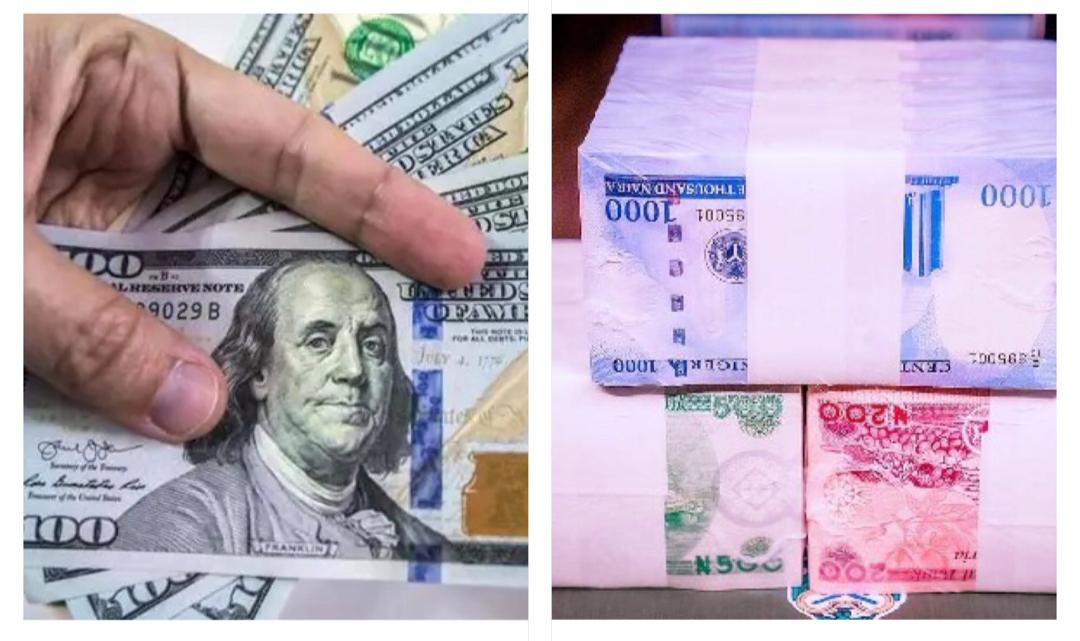Dangote Petroleum Refinery has refuted the claim by Nigerian National Petroleum Company (NNPC) Limited that the refinery sold petrol at N898 per litre.
Gatekeepers News reports that the refinery in a statement released on Sunday, described the claim by NNPC as “mischievous”.
Chief corporate communications officer of NNPC, Olufemi Soneye had earlier on Sunday said that “this initial loading, it was N898 per litre so far”.
The first set of trucks from Nigerian National Petroleum Corporation Limited (NNPCL) sent to Dangote refinery, lifted Premium Motor Spirit (PMS), also known as petrol on Sunday.
Addressing NNPC’s claim, Dangote refinery said Nigerians should disregard the “malicious statement” and await a formal announcement on the pricing by the technical sub-committee on naira-based crude sales to local refineries.
The company said, “Our attention has been drawn to a statement attributed to NNPCL spokesperson, Mr. Olufemi Soneye, that we sell our PMS at N898 per litre to the NNPCL.”
“This statement is both misleading and mischievous, deliberately aimed at undermining the milestone achievement recorded today, September 15, 2024, towards addressing energy insufficiency and insecurity, which has bedeviled the economy in the past 50 years.”
“We urge Nigerians to disregard this malicious statement and await a formal announcement on the pricing, by the Technical Sub-Committee on Naira-based crude sales to local refineries, appointed by His Excellency, President Bola Ahmed Tinubu GCFR, which will commence on October 1, 2024, bearing in mind that our current stock of crude was procured in dollars.”
“It should also be noted that we sold the products to NNPCL in dollars with a lot of savings against what they are currently importing. With this action, there will be petrol in every local government area of the country regardless of their remote nature.”
The refinery further assured Nigerians of availability of quality petroleum products and ending petrol scarcity in the country.







